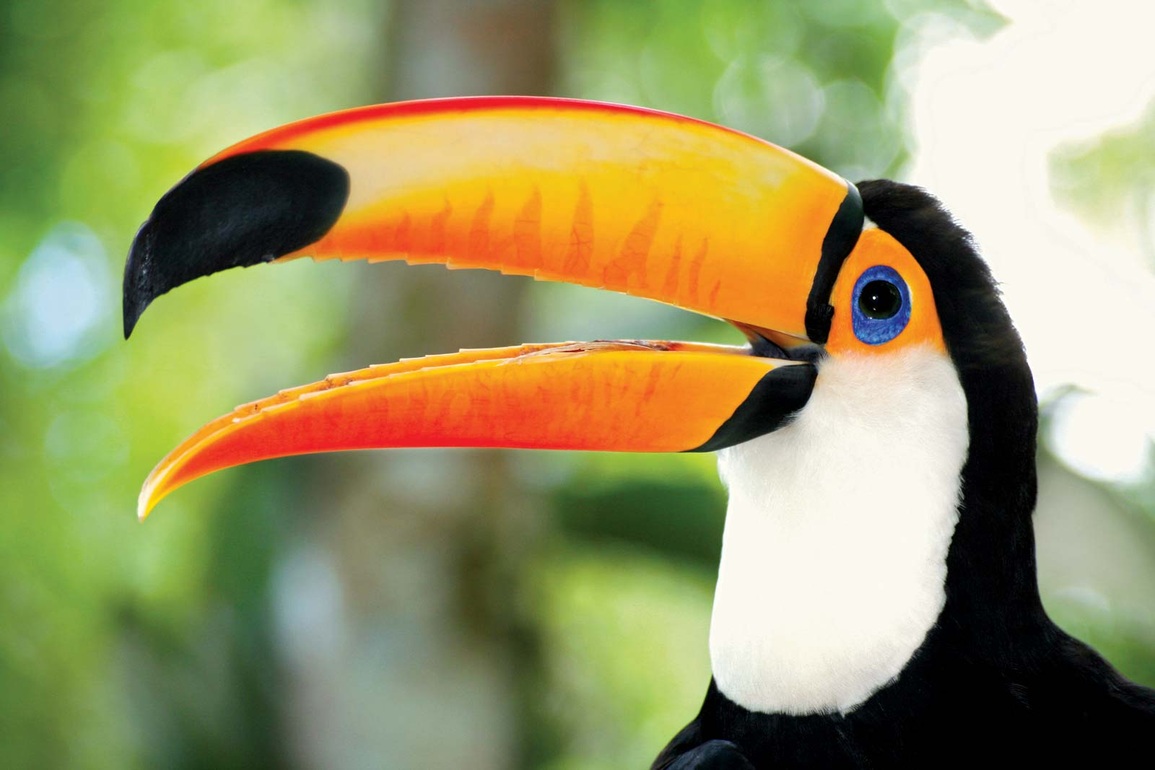
The Toucan (Ramphastos sulphuratus), also known as the "Boat-billed Toucan", is distributed mainly from Mexico to Venezuela and Colombia. Toucans' main food is fruits, insects, eggs and reptiles.
This bird's most notable feature is its surprisingly large beak, shaped like an upside-down boat. The structure of this beak is also very special, consisting of thin bones that help support it. Thanks to that, although the beak is large, it does not make them too heavy.
This unique beak has sharp edges, like a serrated kitchen knife, allowing the Toucan to peck at hard fruits and other foods. Thanks to its "bulky" beak, this bird can consume most fruits.
Not only that, the beak is also a powerful weapon that helps Toucan birds chase away enemies. Some documents record that even hawks are "afraid" of this powerful beak of the Toucan bird.
In addition, the Toucan bird's beak contains many blood vessels, allowing them to adjust the amount of blood to the beak at any time depending on the surrounding environment. Specifically, when the weather gets cold, Toucan birds reduce blood flow to their beaks to maintain body temperature. On the contrary, it will cool the body and cool down quickly by increasing blood flow to the beak.
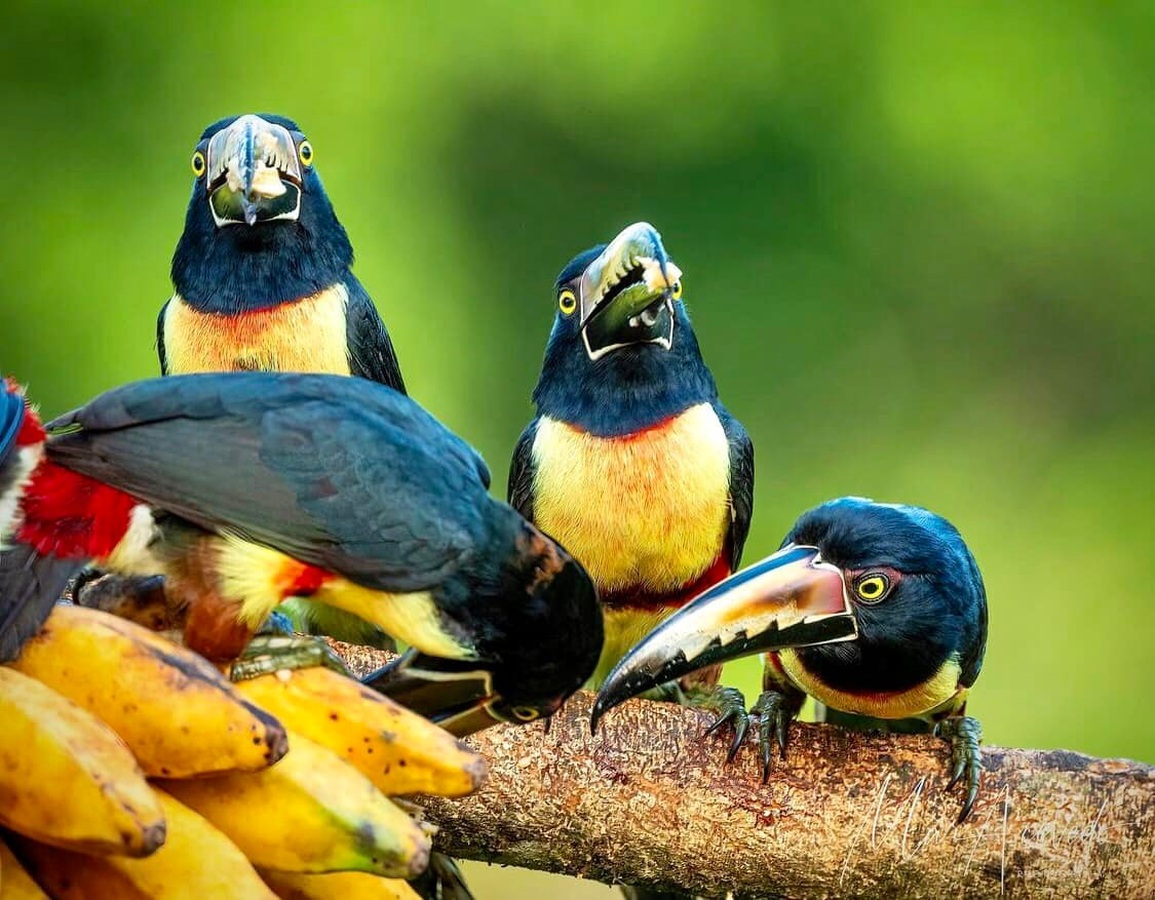
In terms of color, the beak of this bird is also surprisingly diverse, it can be a mixture of yellow, orange, green, blue, red or black depending on its species.
Toucan birds often nest inside small hollow holes in trees. Sometimes they lay a thin layer of grass as a lining for the nest. Even though they have large beaks, they cannot make holes in trees on their own. Instead, birds often nest in holes made by woodpeckers or other animals.
Their heavy beaks also give them inherent disadvantages: they do not migrate, but only live permanently in one area throughout their lives.
Currently, it is impossible to determine the population of Toucan birds worldwide. However, according to the IUCN Red List of Threatened Species, this Toucan is described as "quite common" in its environment. The conservation status of this bird is at "Least Concern", although its population is decreasing over time.
Some beautiful pictures of Toucan birds:
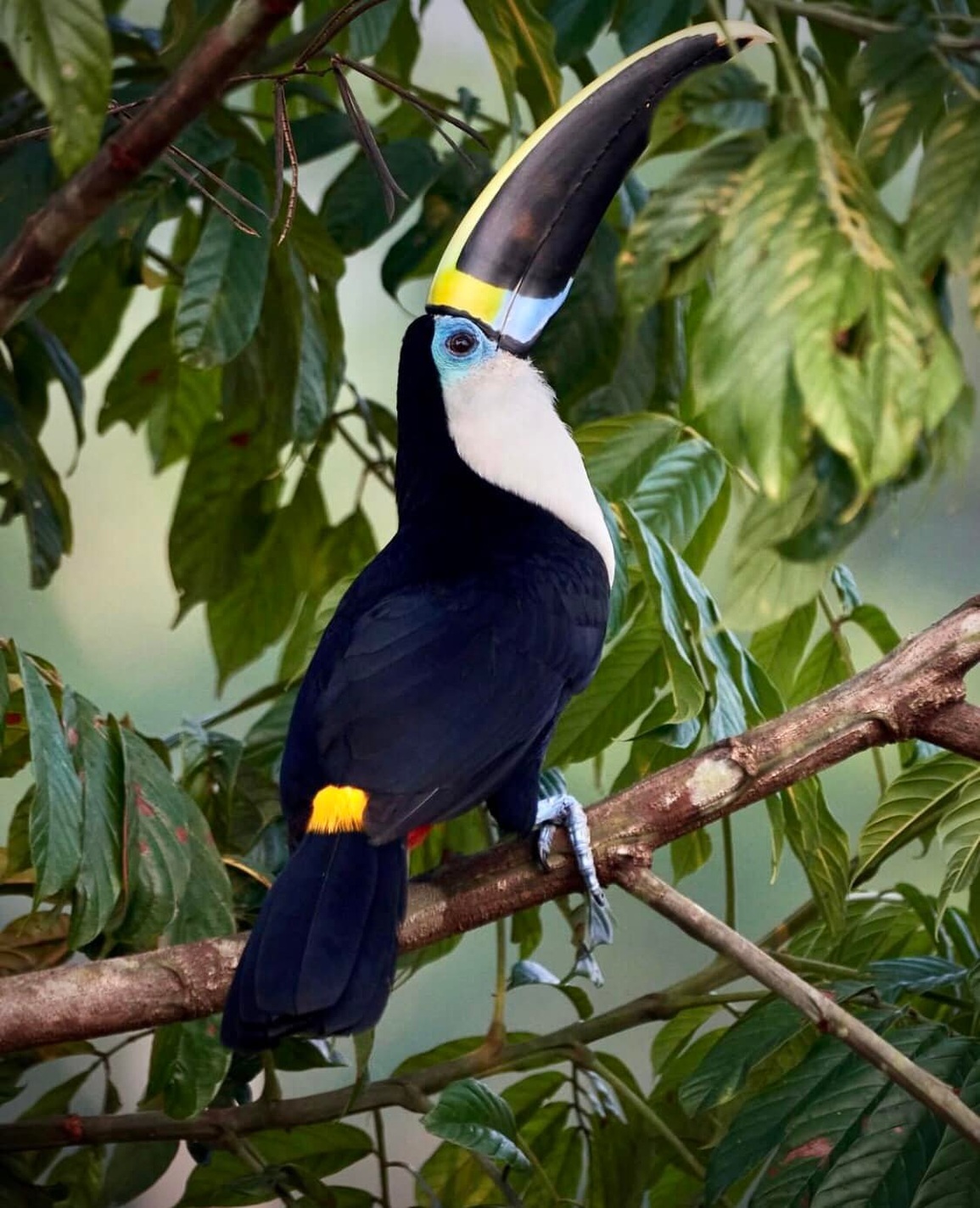
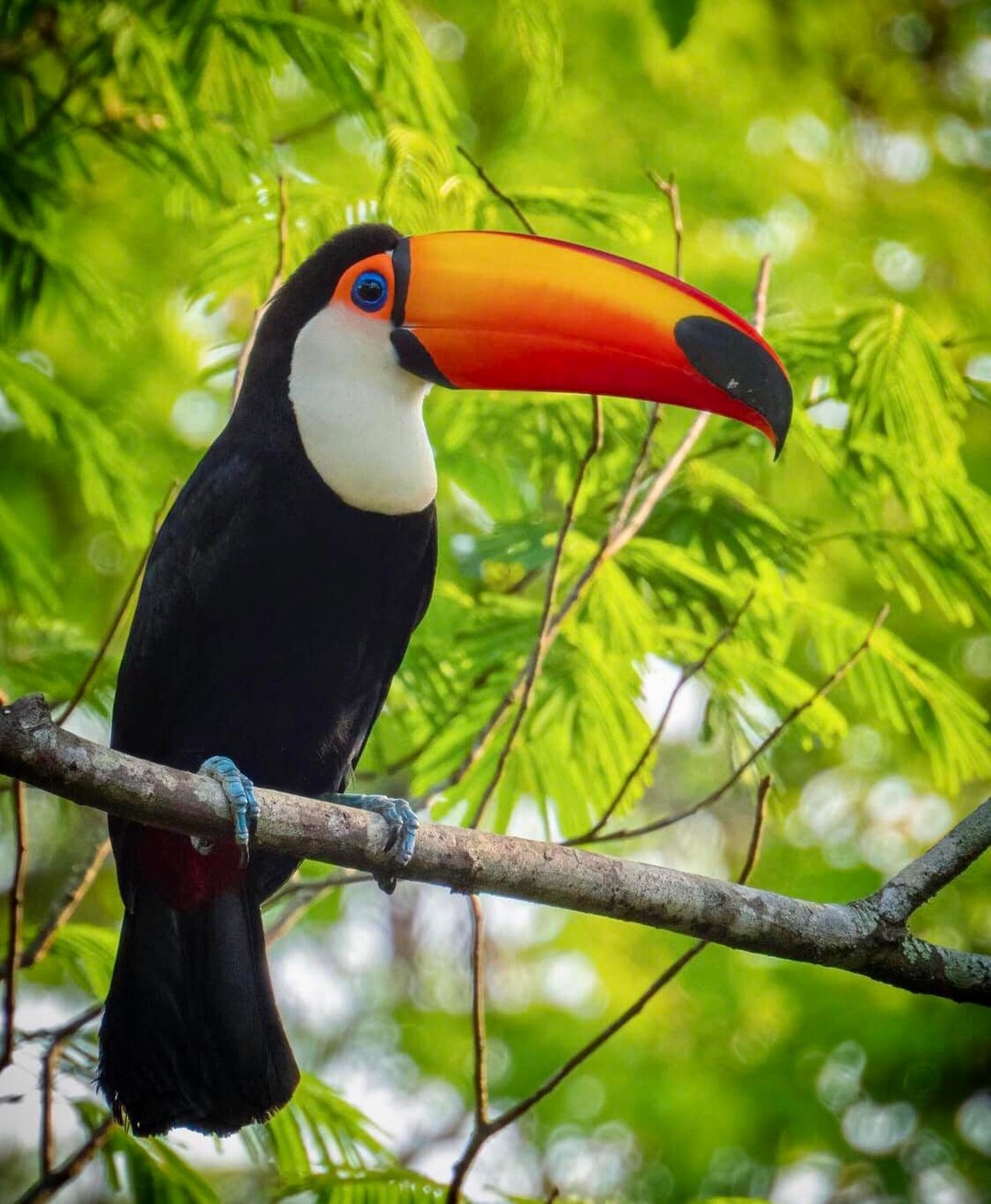
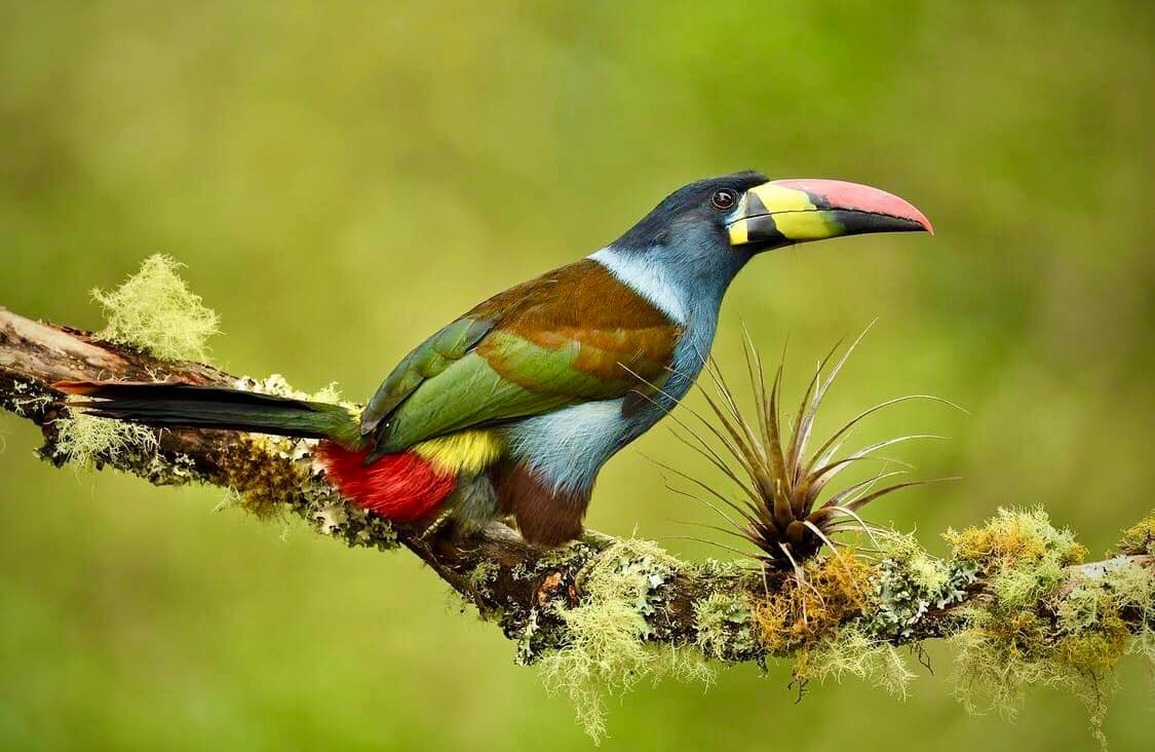
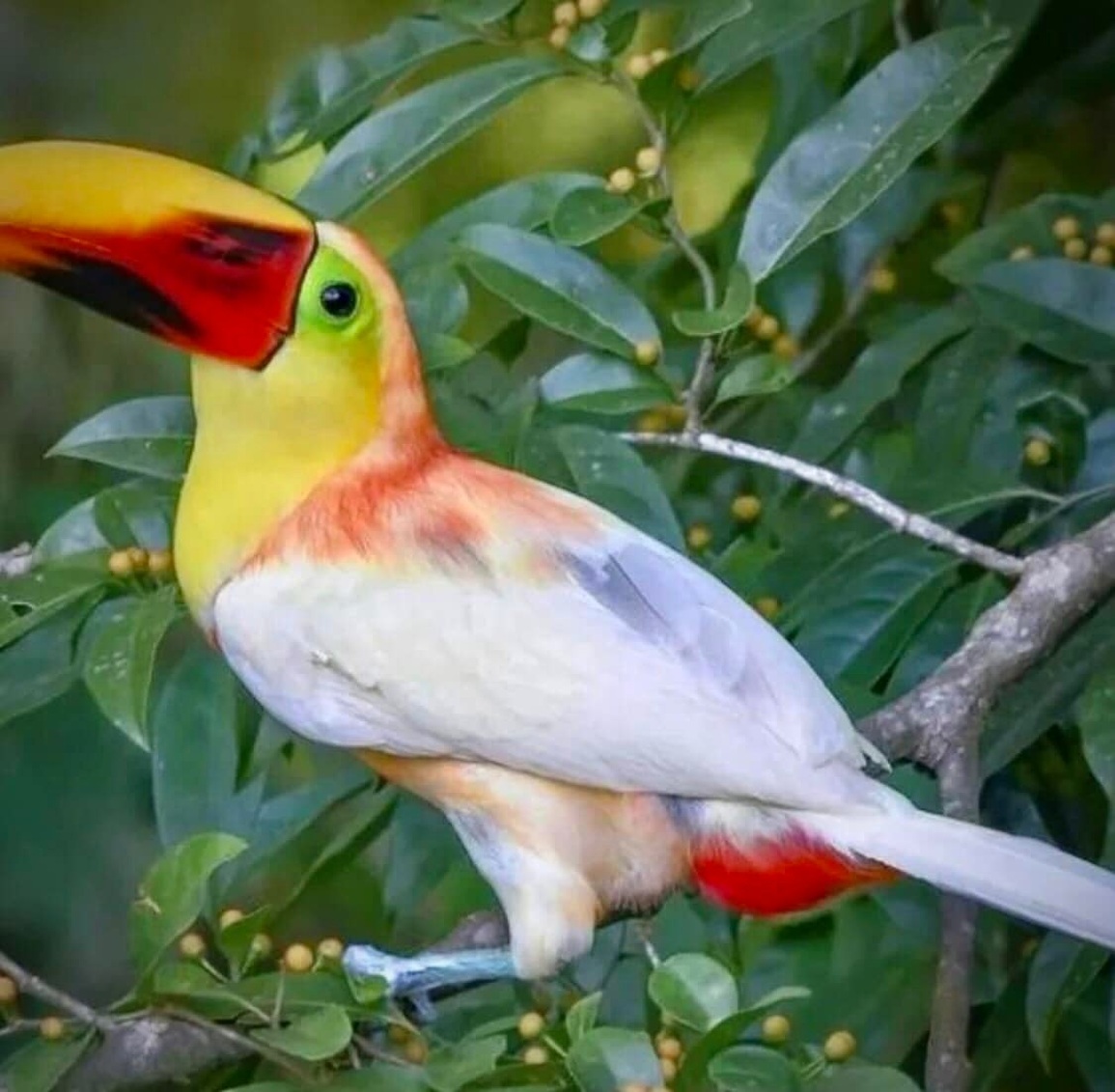
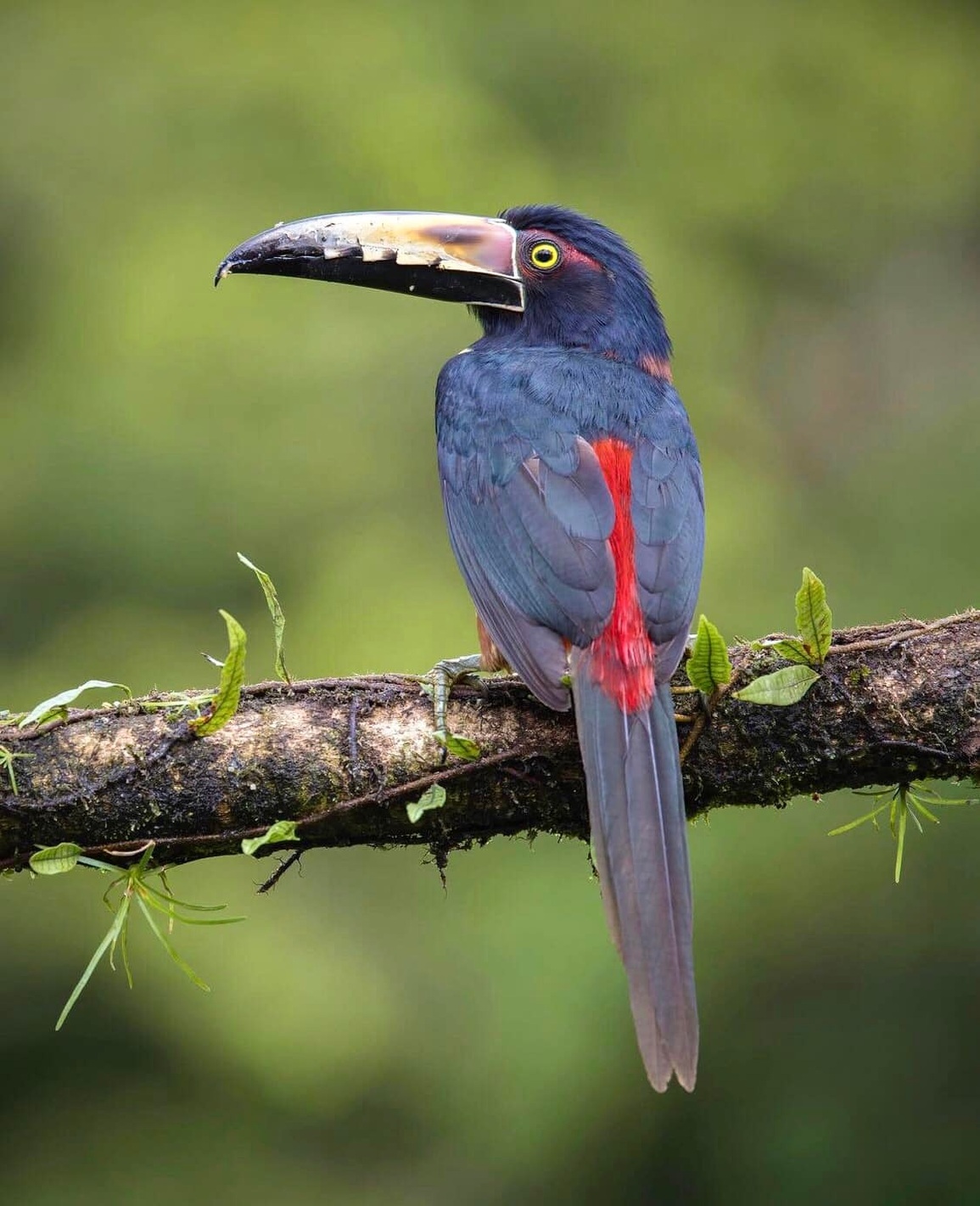
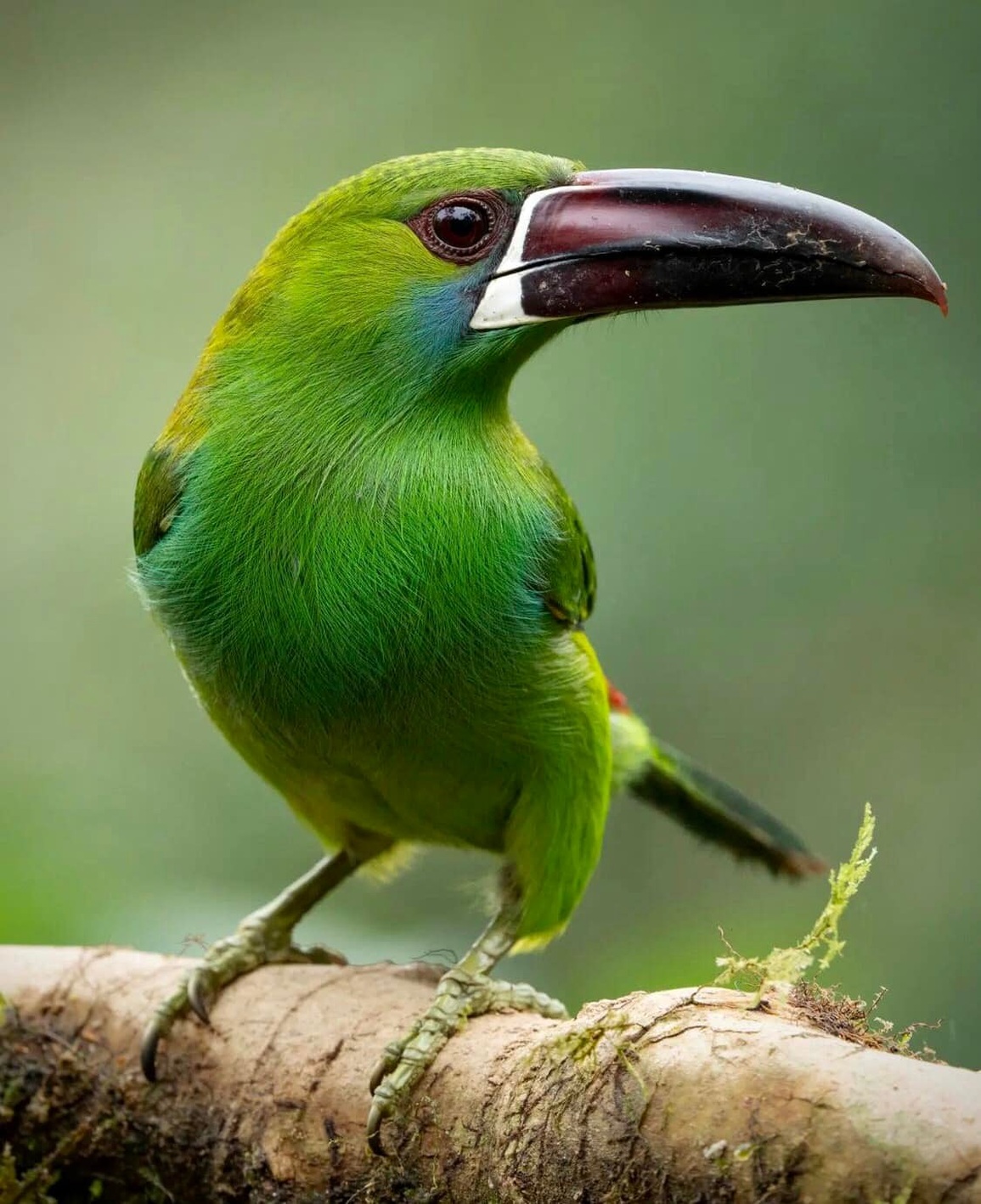
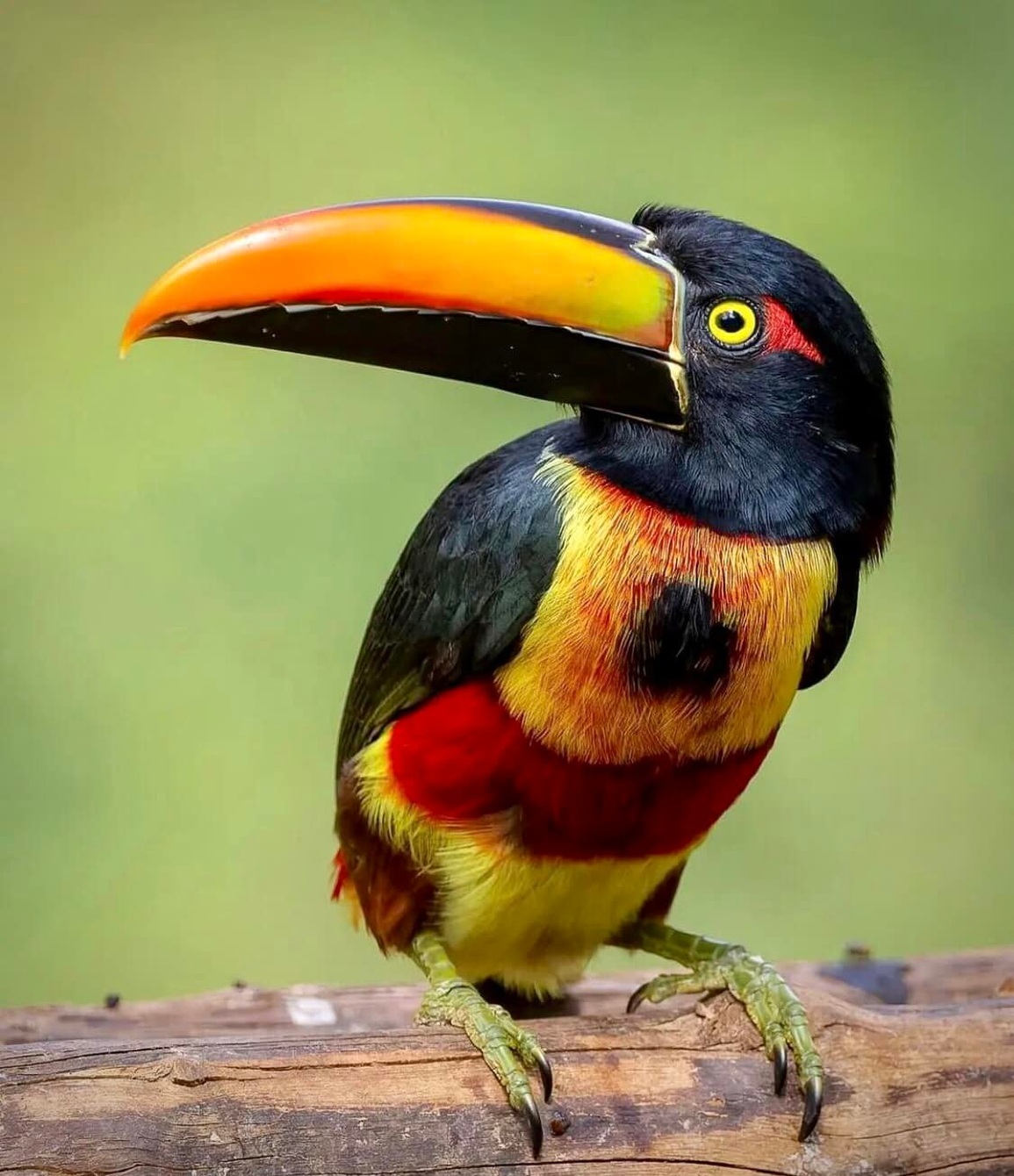
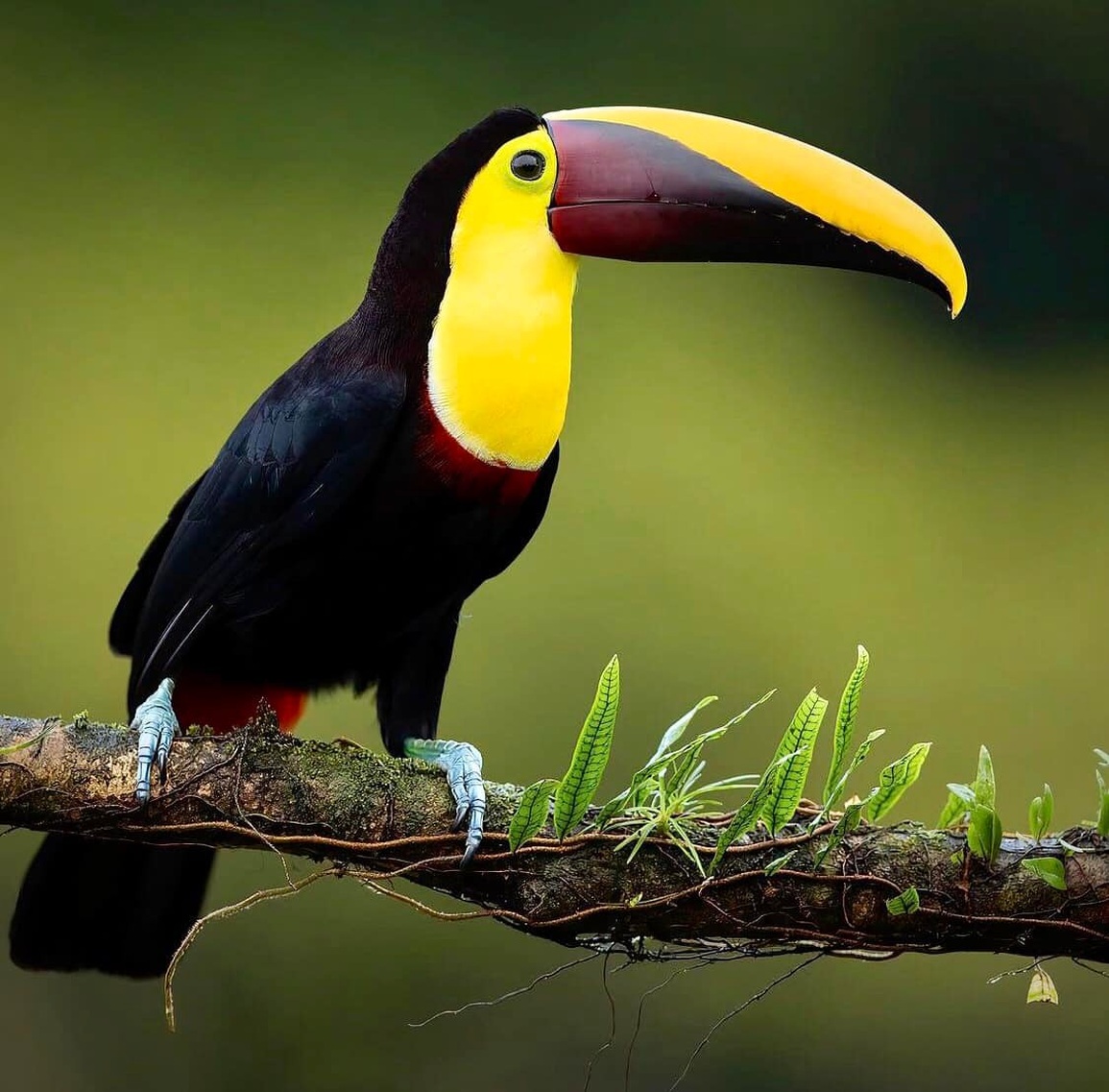
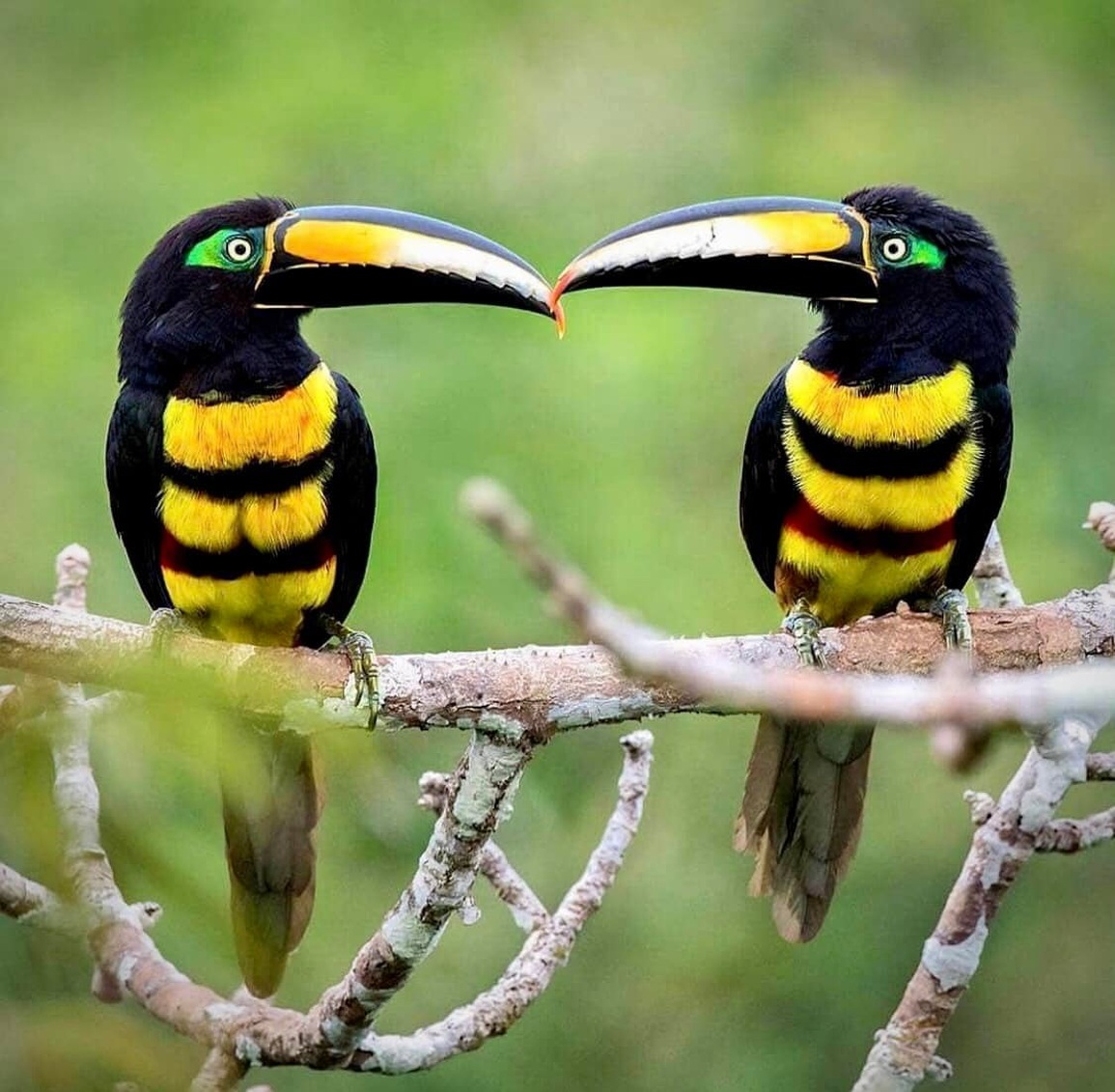
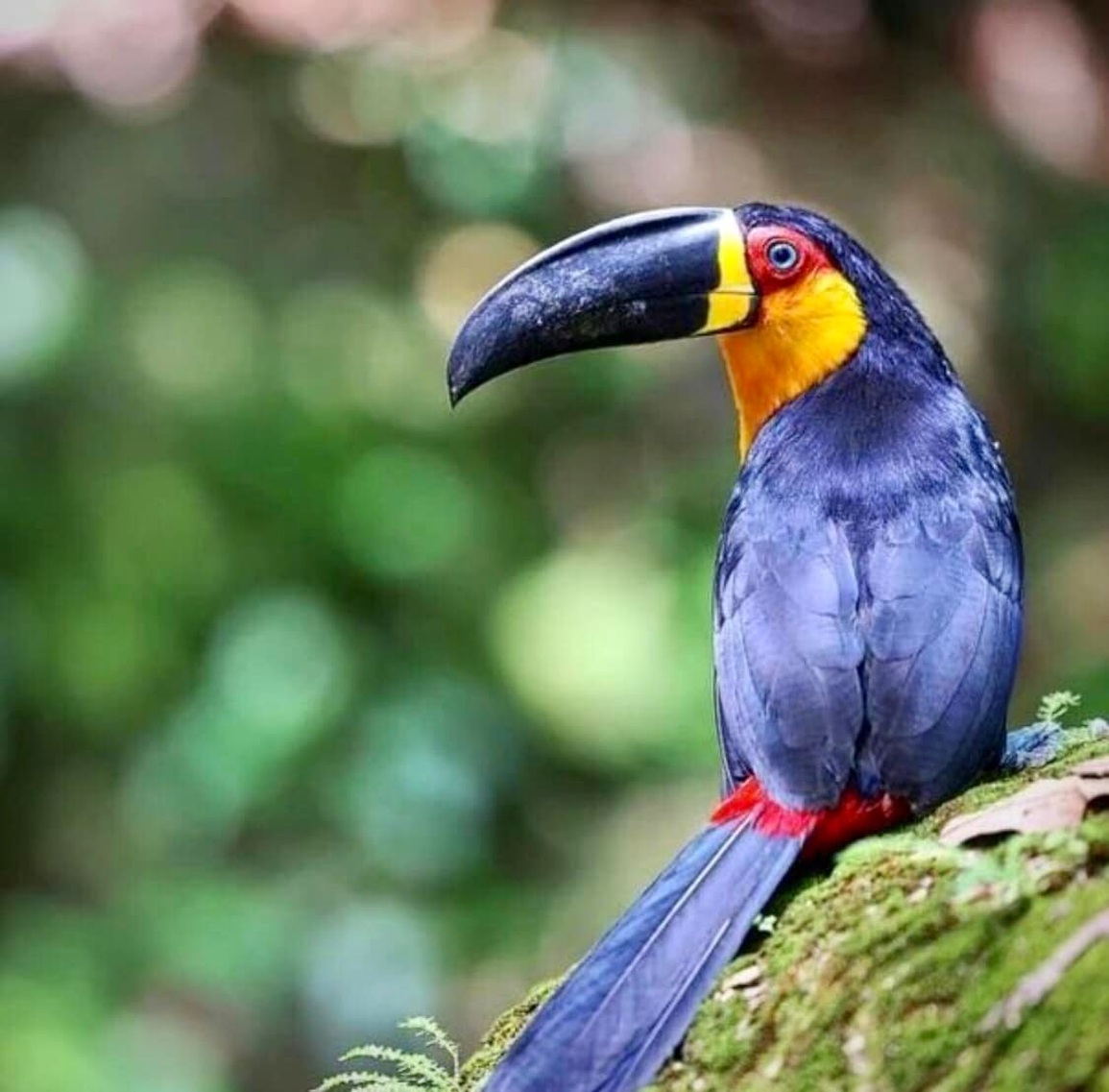
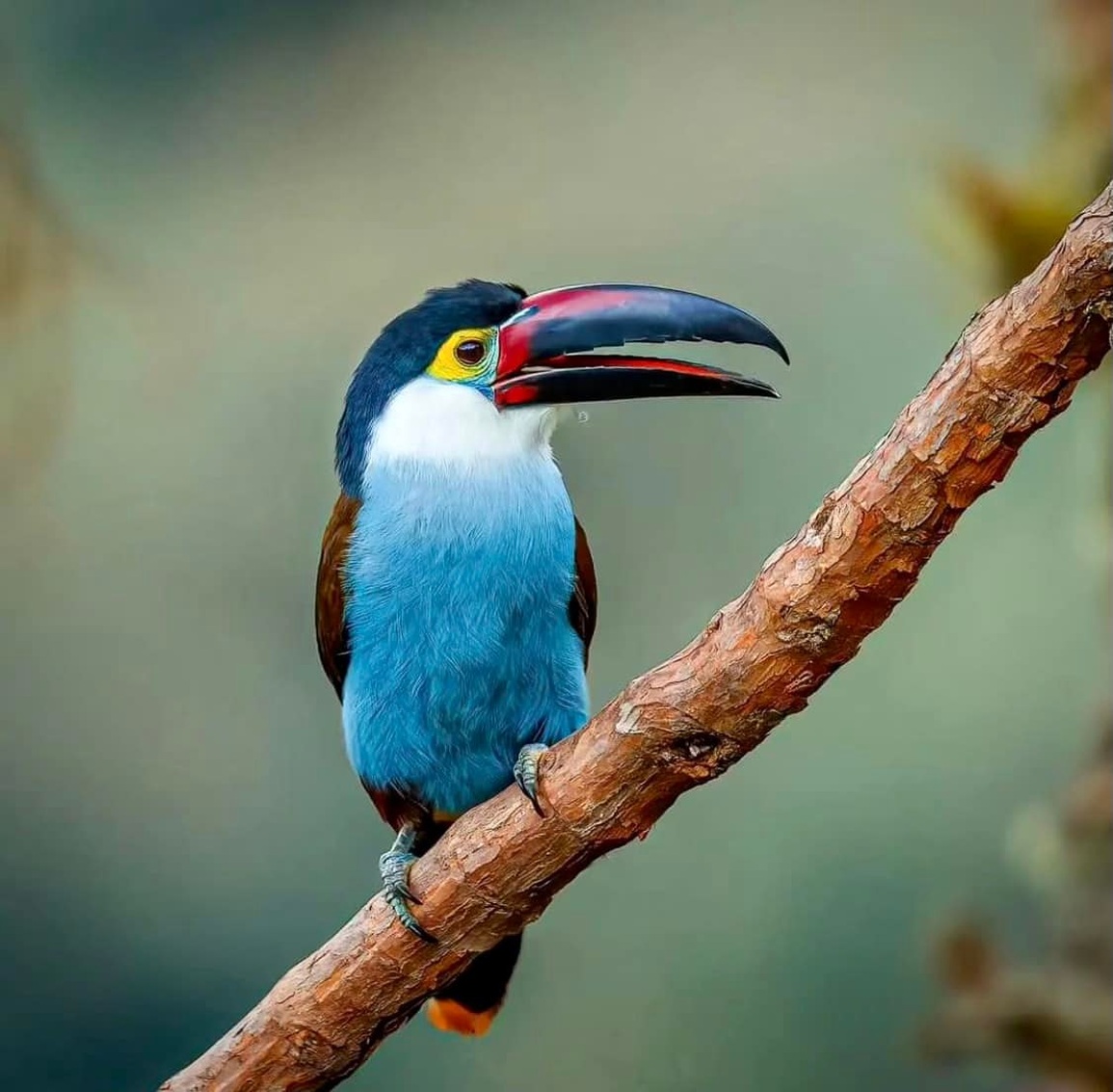
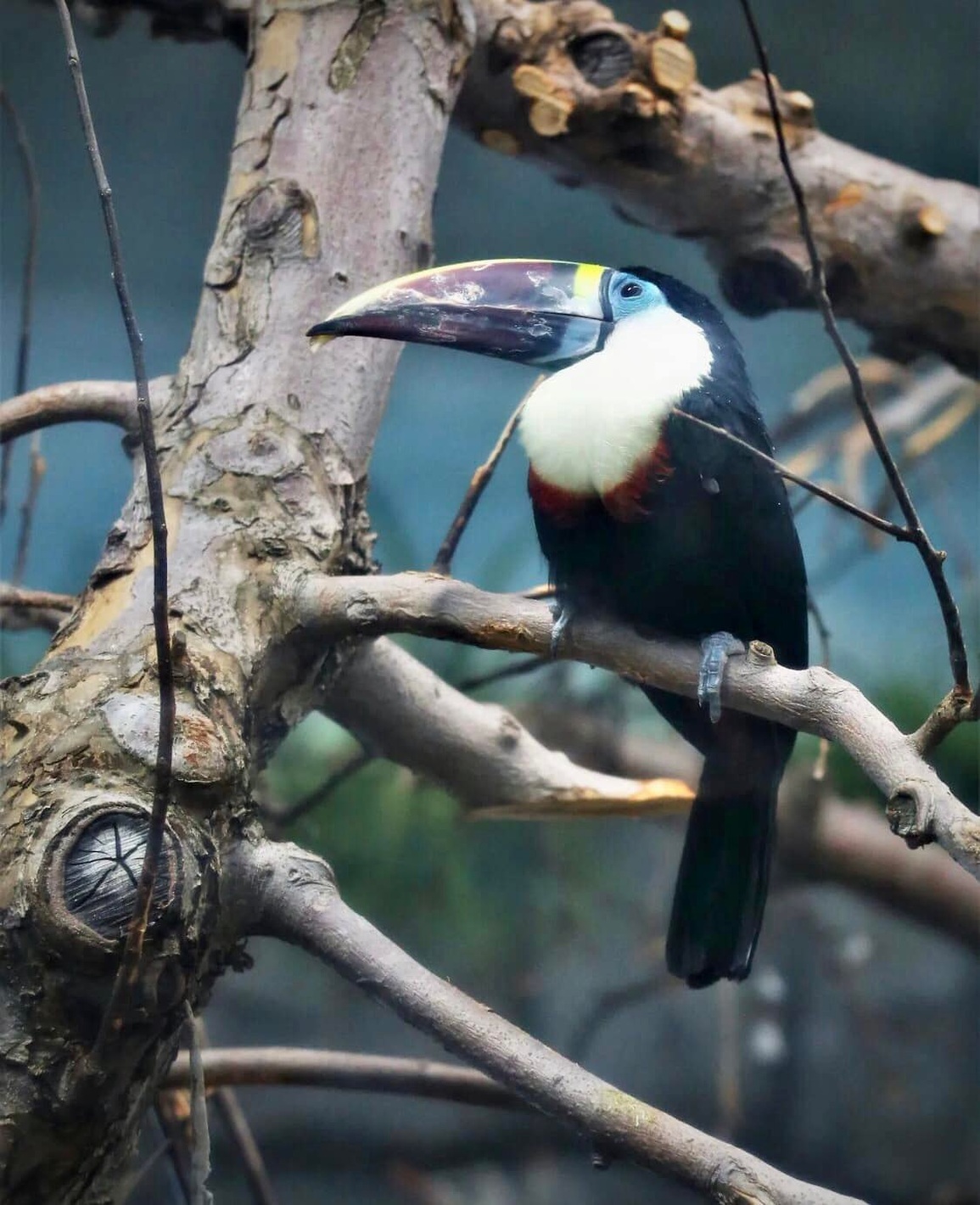
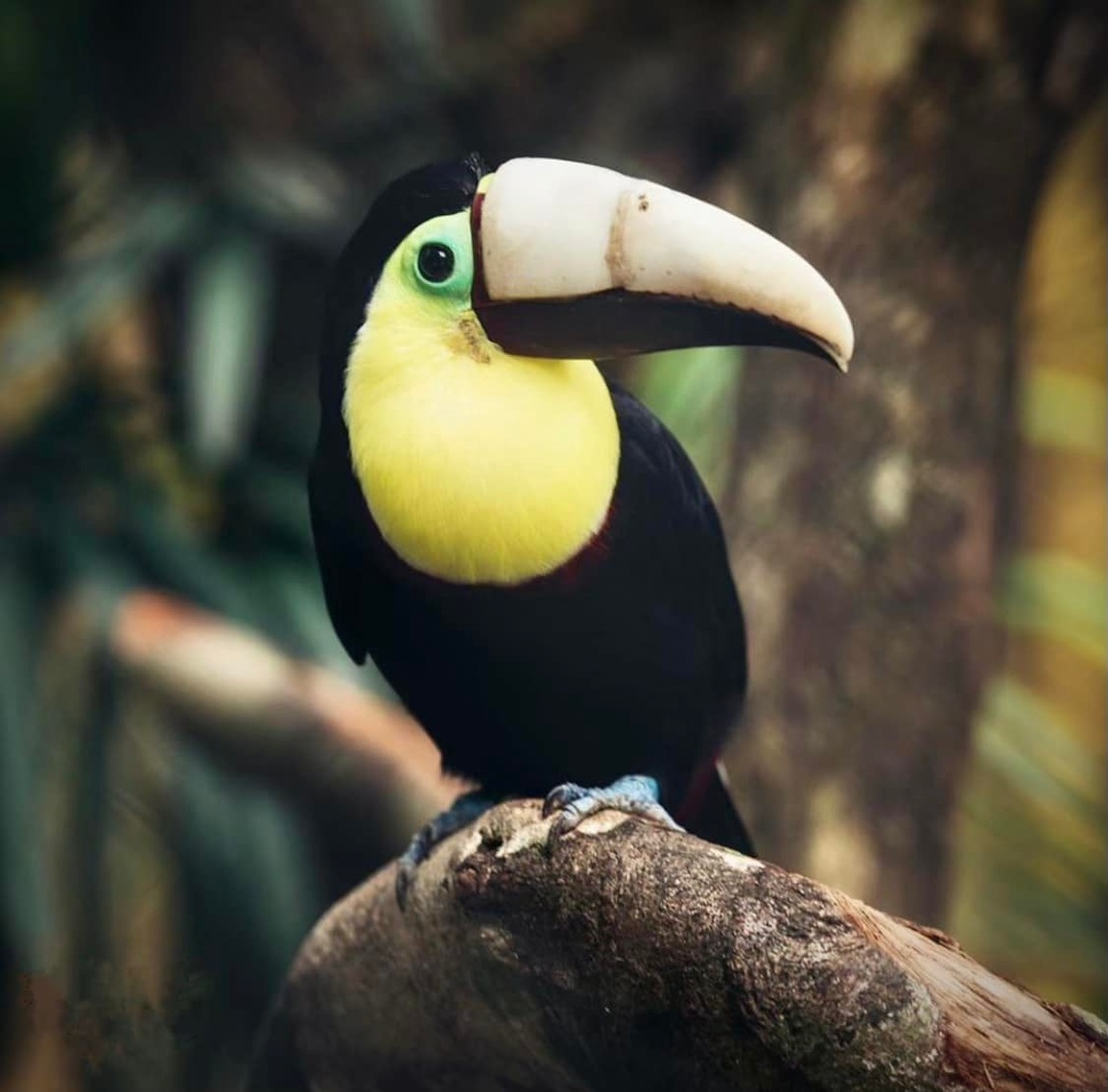
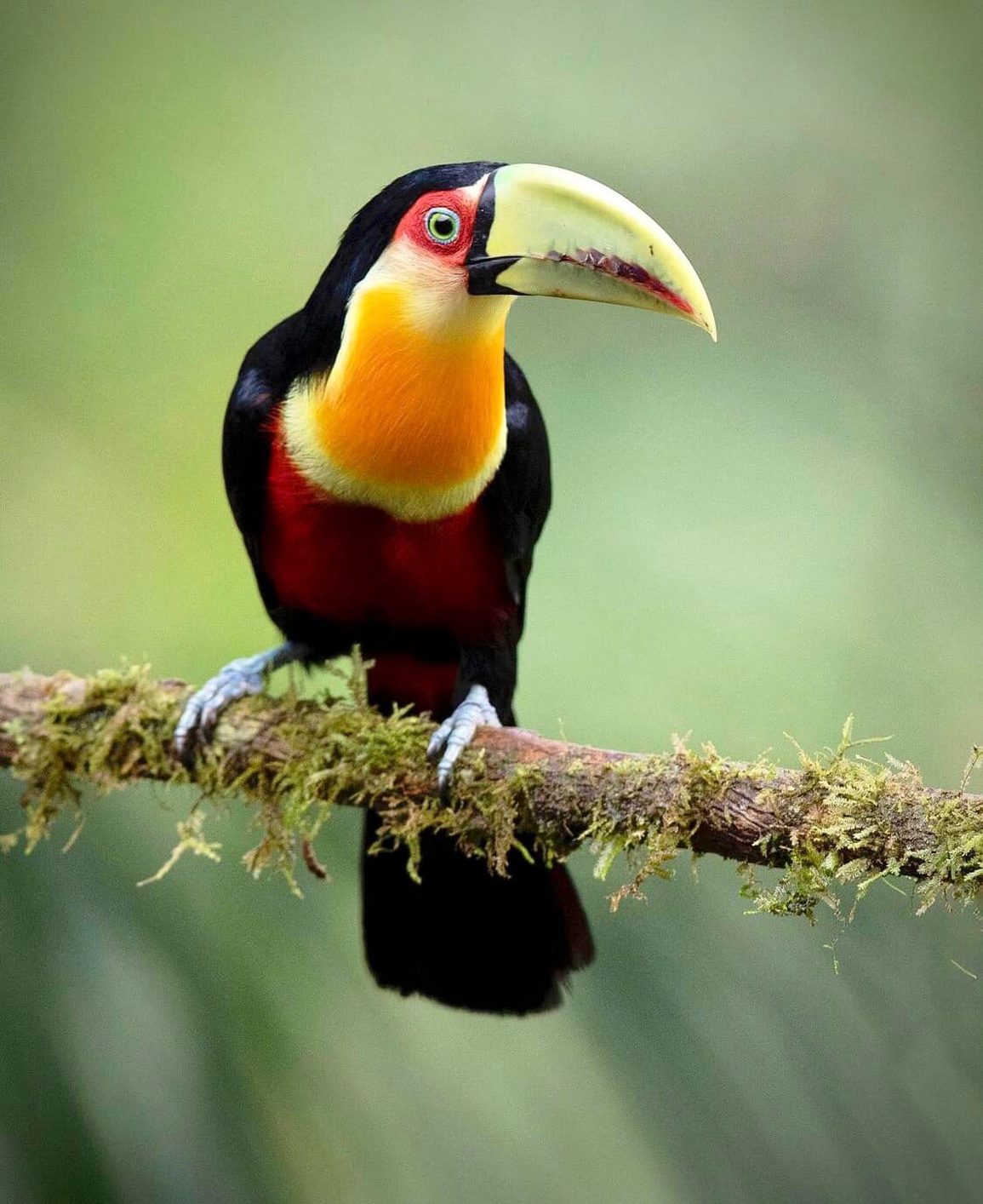
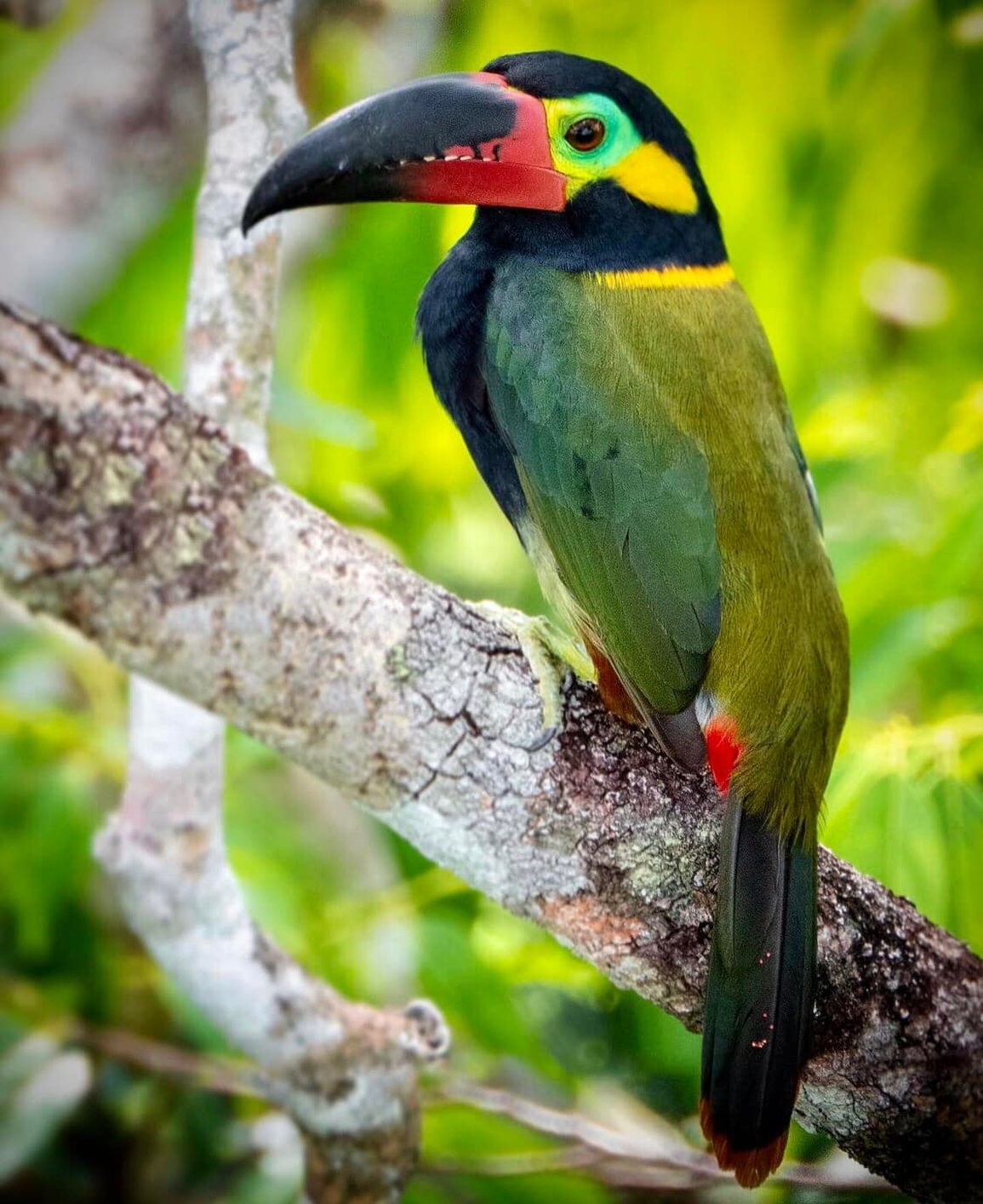
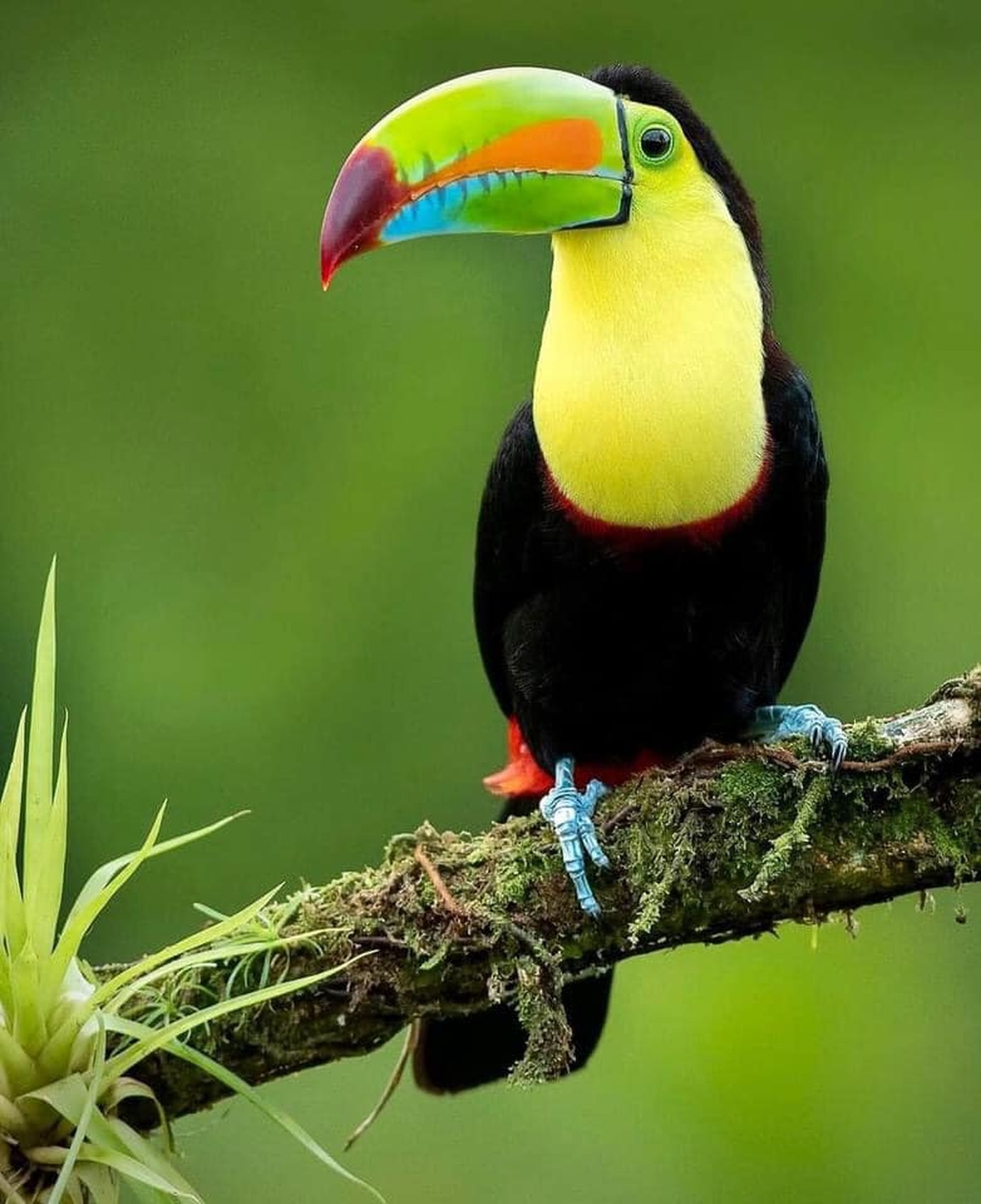
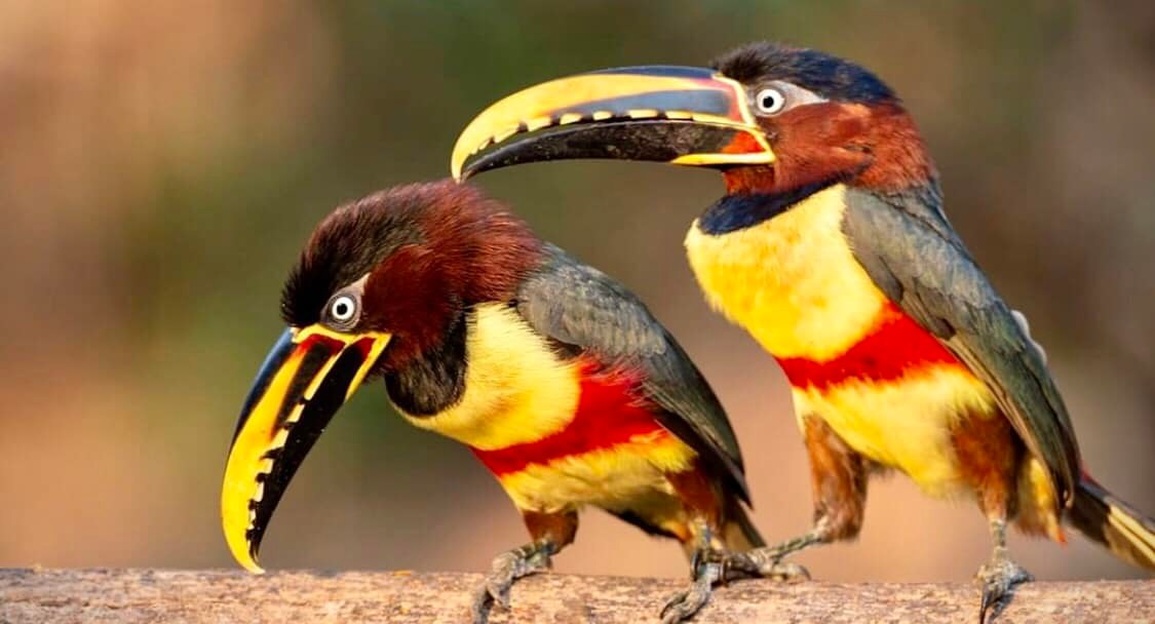
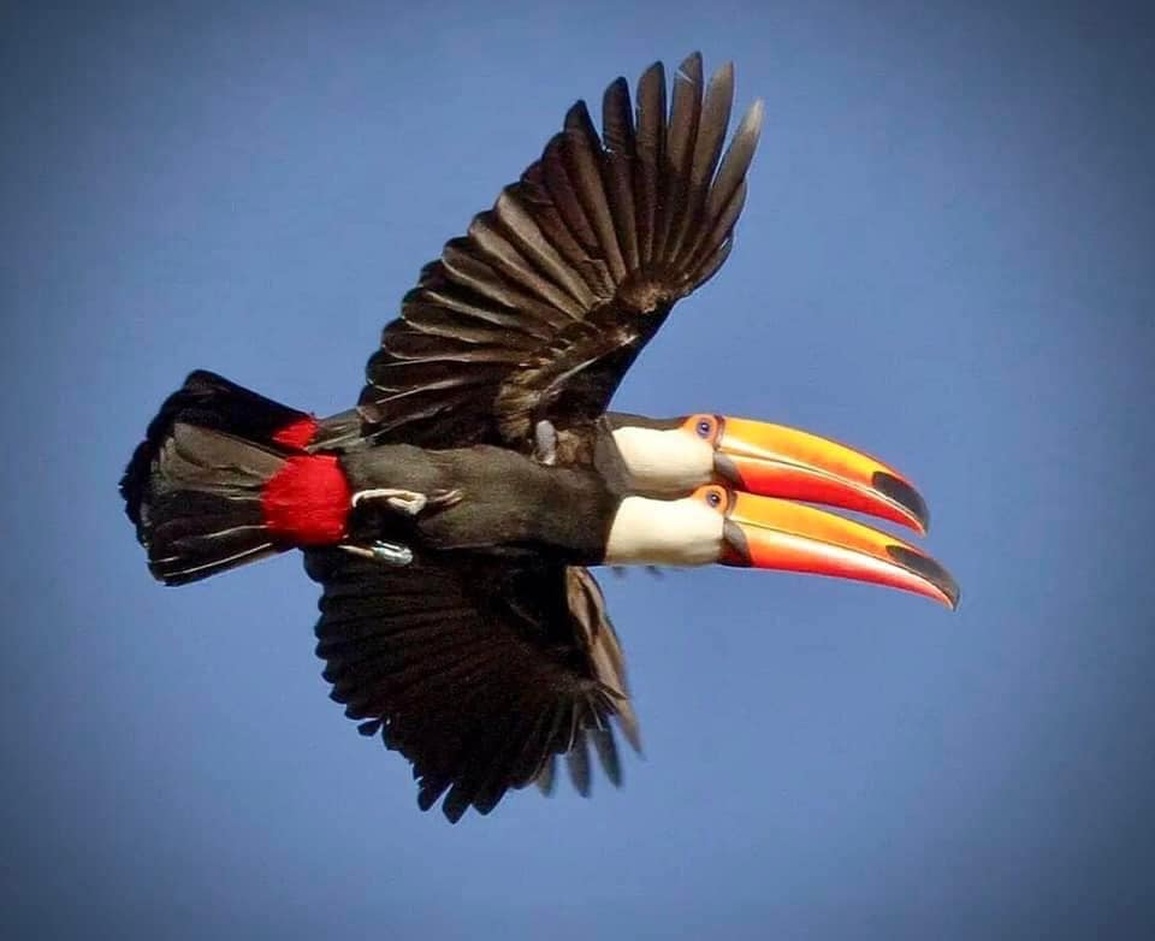
Photo: Pixabay

